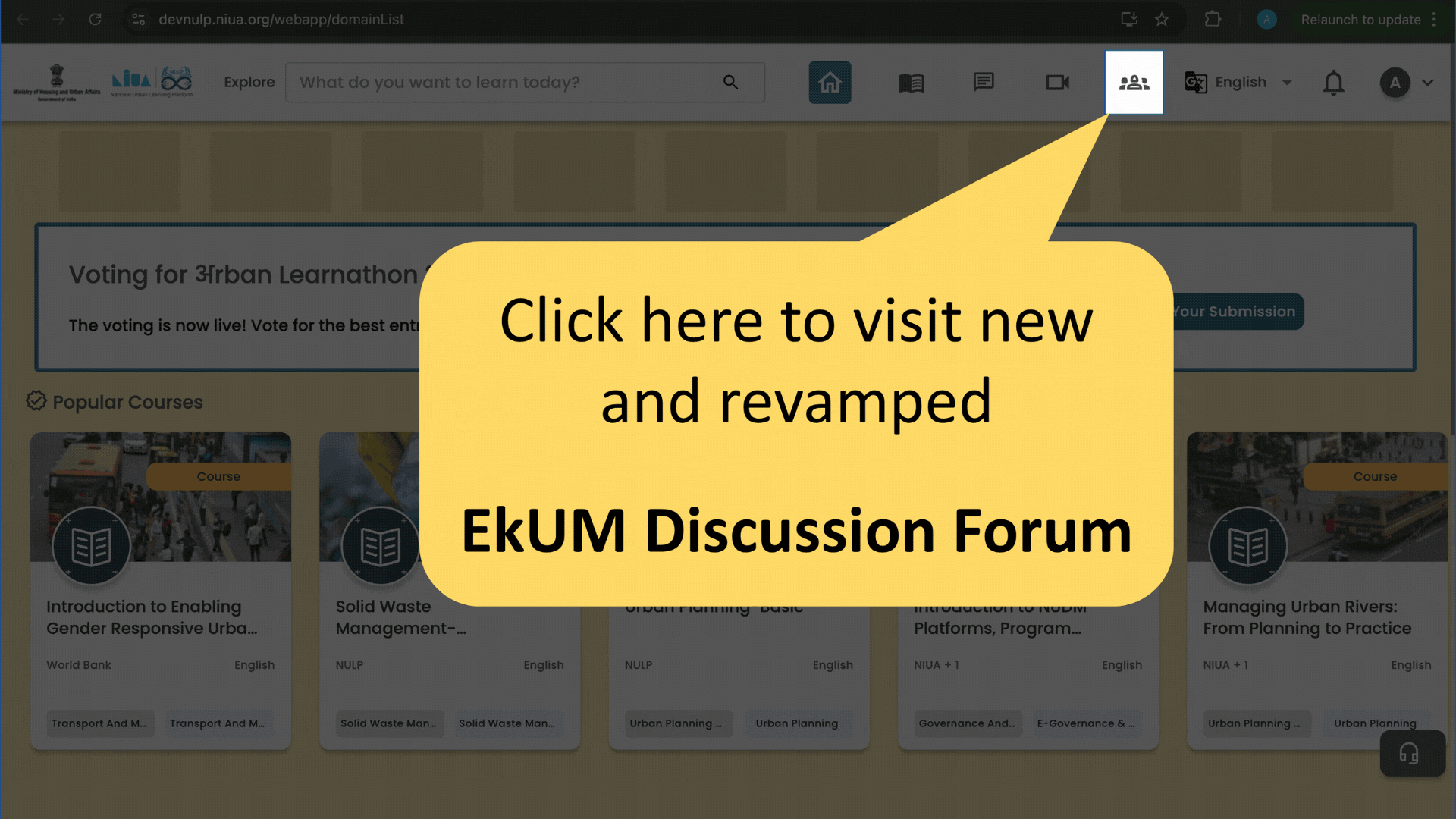How do you engage informal workers in city-level planning processes?
-
ULB plans often exclude them. Have you institutionalized any platforms for their voices?
-
Engaging informal workers in city-level planning processes requires inclusive, participatory, and context-sensitive strategies. Here’s how:
1. Recognize and Legitimize Their Role:
• Acknowledge informal workers (e.g. street vendors, waste pickers, domestic workers) as key contributors to the urban economy.
• Ensure they are formally represented in urban policy dialogues and planning committees.
2. Use Participatory Methods:
• Conduct focus groups, community meetings, and participatory mapping exercises in locations where informal workers operate.
• Use accessible formats (local languages, visual aids) to encourage meaningful input.
3. Partner with Worker Organizations:
• Collaborate with unions, cooperatives, and NGOs that represent informal workers.
• These groups can act as bridges between planners and workers, helping voice concerns and propose workable solutions.
4. Create Feedback Channels:
• Set up continuous feedback loops (e.g. town halls, digital platforms, surveys) to include informal workers in ongoing planning processes.
• Ensure follow-up so workers see the impact of their input.
5. Pilot Inclusive Solutions:
• Co-design and test policies with worker input—like designated vending zones, storage facilities, or sanitation access.
• Use pilots to build trust and demonstrate mutual benefits.
6. Build Capacity and Awareness:
• Offer training to informal workers on their rights, city policies, and how to engage in planning.
• Train planners and officials to understand and respect the needs of informal workers.This inclusive approach leads to more equitable, effective urban policies that support both economic resilience and social justice.
